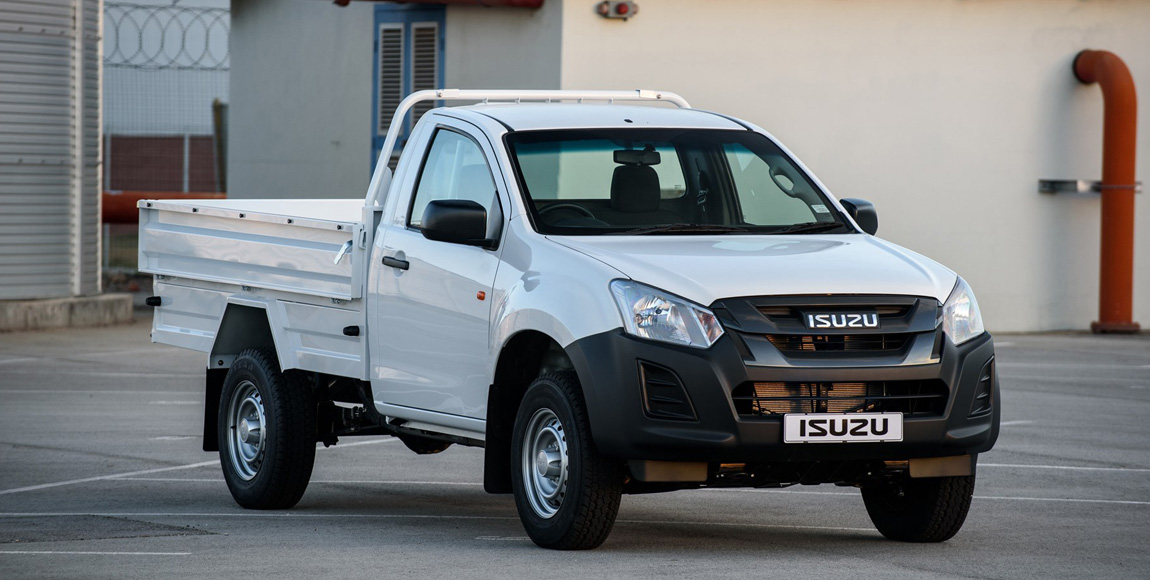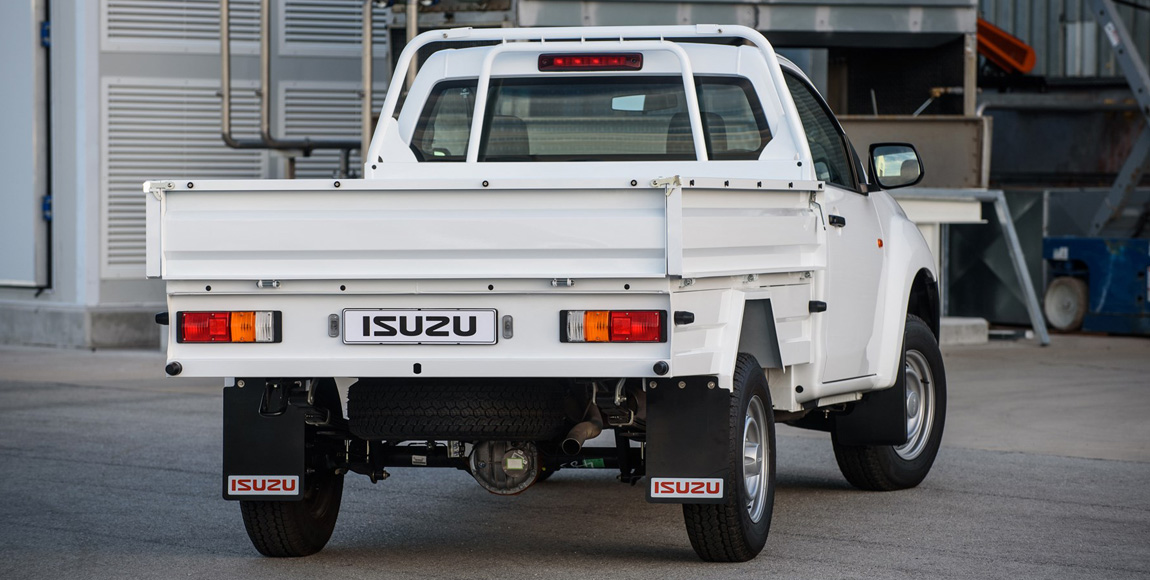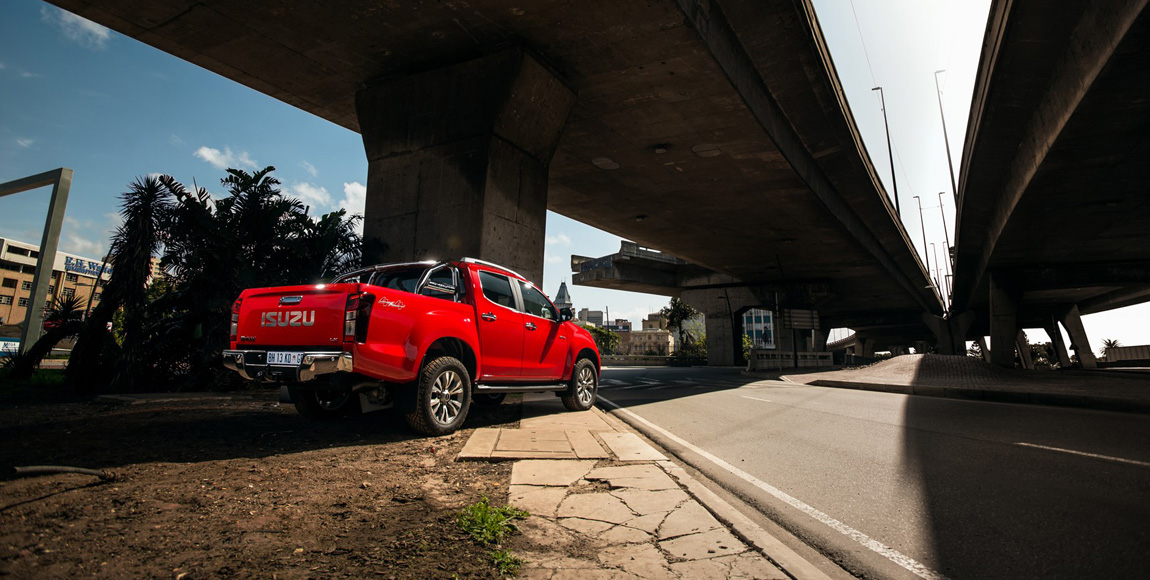KB is dead, long live D-Max

Having garnered legions of loyal fans over 40 years and six generations, the Isuzu bakkie has undergone some revisions and updates – the most significant of which may well be the simplest…
That would be a change of name, from KB to D-Max; as the model is known in international markets.
According to Isuzu, the name D-Max originated in Thailand, with the “D” originally referring to the 2000 model year Isuzu bakkie, which boasted the flush “Dragon Eyes” headlamp design, as well as representing Isuzu’s legacy of producing diesel engines. Accordingly, “Max” is said to signify Isuzu’s maximum approach to design, size, comfort, technology, performance, safety, durability and line-up.

The latest range includes 30 models for South Africa and 13 for export markets. Sixteen single-cab derivatives are available, including the addition of the new Dropside Base models that can be specified with either a factory-fitted flat load deck or in Dropside configuration.
The Dropside Base models can be ordered in 2,5-litre LEED Base or Fleetside specification, with 58 kW and 176 Nm on tap. There is also the high-spec 2,5-litre HO Fleetside Safety model that employs the high-output common-rail turbodiesel engine with 100 kW and 320 Nm, along with a raft of safety features including ABS, ESC, HSA, and driver and passenger airbags.
The single-cab range begins at R256 100.

The 2,5-litre HO Base model has been added to the double-cab range as an entry-level proposition for hard-working commercial applications. Pricing for this model is R332 500.
At the other end of the spectrum, Isuzu has targeted the high-spec models; raising standards of luxury and quality. Six-speed manual and automatic gearboxes have been added to the 3,0-litre LX models.
These models also gain features such as a redesigned front end, Bi-LED headlamps, soft-touch dash with classier trim finishes and an eight-inch touchscreen infotainment system.

Safety equipment has also been enhanced. D-Max LX models are now equipped with Isuzu’s Brake Override System (BOS) which restricts accelerator input if the brake pedal is applied simultaneously. Trailer Sway Control is now included as well.
The Hi-Rider and LE models can be equipped with an optional tow-bar package rated to tow a braked trailer up to a maximum load of 2,1 t, while the standard heavy-duty unit on the 3,0-litre 4×4 LX derivatives is capable of towing 3,5 t. The automatic version of this model tops the D-Max range, at R606 400.
All Isuzu D-Max models are sold as standard with a five-year/90 000 km service plan, a five-year/120 000 km warranty and roadside assistance, as well as a five-year, anti-corrosion warranty.
Published by
Focus on Transport
focusmagsa




